Wesfarmers annual profit slumps 58pc to $1.2bn
Wesfarmers shares rose despite a tumble in profit blamed in part on a UK failure, as Bunnings’ success held up earnings.
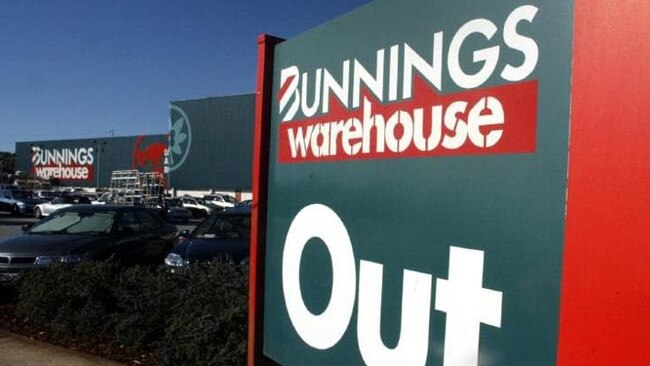
Wesfarmers has once again relied on strong earnings from the jewel in its conglomerate crown, hardware chain Bunnings, to do the heavy lifting when it comes to earnings, as the soon to be demerged supermarket group Coles suffered a sharp slide in its full-year earnings with the costs of a new wages deal for its staff to continue to weigh heavily on its profitability.
Meanwhile, Wesfarmers’ other key retail operations, Kmart and Target, will have to do without their highly successful chief executive Guy Russo, who has announced his retirement from the group.
The Perth-based conglomerate (WES) today unveiled a 58.3 per cent drop in full-year net profit to $1.197 billion, driven by hundreds of millions of dollars in impairments flowing from its failed Bunnings UK and Ireland venture and $300 million in impairments from Target.
Coles posted a 6.8 per cent drop in full-year earnings before interest and tax to $1.5 billion, which could send a shiver through the ranks of investors just as the supermarket chain is being prepared for a demerger and a listing on the ASX.
In early trade, Wesfarmers shares jumped 4.3 per cent to a record high of $52.70 as Citi said the results were, overall, “in line” with expectations. Shares later reterated to $51.54.
In today’s announcement Bunnings once again showed its earnings strength, delivering a 12.7 per cent lift in earnings at a time when the retail sector is incredibly competitive and tough. Following the Coles demerger it will drive more than 50 per cent of group earnings.
Also countering the slump in earnings at Coles was a 21.5 per cent jump in EBIT at the combined Target and Kmart department store businesses, an 8.3 per cent lift in earnings at Officeworks and a 13.1 per cent earnings leap for its industrials division.
The large drop in Wesfarmers’ full-year profit was driven by losses of $1.4 billion flowing from the shutdown of its Bunnings UK and Ireland business, impairments at Target and a restructure of its assets under new CEO Rob Scott’s leadership, who has recently sold off all the company’s coal assets.
Wesfarmers’ net profit from continuing operations, excluding a $300m impairment at Target, increased 5.2 per cent to $2.904 billion. Total revenue for fiscal 2018 rose 3 per cent to $66.883bn.
The company declared a final dividend of $1.20 per share, bringing the full-year dividend to $2.23 per share, flat with last year.
Sweeping changes to the business under Mr Scott were again on show today as Wesfarmers announced that the highly-regarded boss of its department store division and boss of Target, Guy Russo, will retire from the group from November 1 and become an adviser to Wesfarmers.
Mr Russo, a former international executive for McDonald’s, joined Kmart more than 10 years ago as it was struggling to drive sales and profit growth. He is credited with transforming Kmart into one of the best retailers in the country as he totally restructured and refashioned the general merchandise retailer.
Wesfarmers said Ian Bailey, the current boss of Kmart, will take on the reins as boss of the department store division, giving him oversight of Target, which is still struggling, and Kmart.
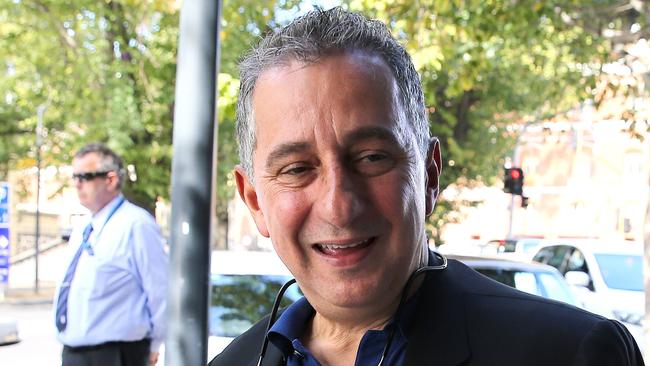
Today’s was the final full-year result for Wesfarmers to include Coles before it is spun out in November, and the pressure of competition, a tough retail sector and the impact of a new EBA wages agreement has sunk its full-year profitability.
Coles earnings fell by 6.8 per cent to $1.5bn, while sales were flat against last year at $39.38bn. Comparable sales growth was 1.1 per cent for the year while like-for-like store sales for the fourth quarter were up 1.8 per cent. Sales growth of 1.8 per cent is the strongest quarterly comparative sales in food and liquor for seven quarters, since the first quarter of 2017.
Coles said its sales momentum had continued into the beginning of fiscal 2019 helped by the “Little Shop” collectables campaign but warned that earnings would be impacted by the annualization of additional staff costs following the implementation of the new EBA and the cost of store investments. But some of these costs would be offset by cost efficiency benefits, Coles said.
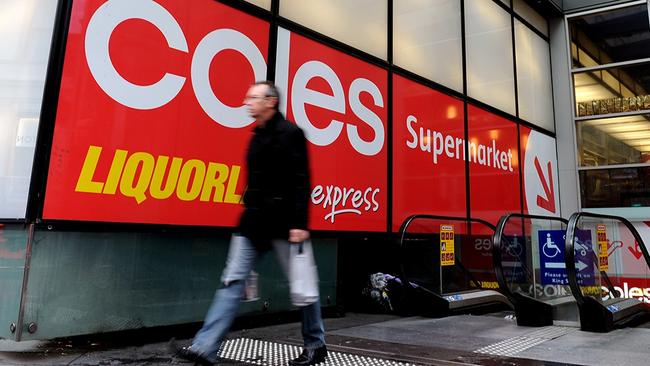
Bunnings is now the power earnings driver for Wesfarmers, with operating revenue for Bunnings Australia and New Zealand up 8.9 per cent to $12.54bn. Total store sales growth of 8.9 per cent was achieved during the year, underpinned by an increase of 7.8 per cent in store-on-store sales.
Bunnings recorded EBIT of $1.504bn, an increase of 12.7 per cent on the prior corresponding period. Sales growth was achieved in both consumer and commercial markets, across all trading regions and product categories. Continued growth in customer numbers reflected ongoing actions to improve the core drivers of the consumer and commercial offers, being price, range and service.
Total sales in the fourth quarter increased 6.3 per cent and store sales were up 6.2 per cent. Same store sales grew 4.9 per cent in the quarter, a solid result which built on the very strong growth of 10.4 per cent achieved in the prior corresponding period.
Earnings for the department stores division increased 21.5 per cent to $660 million, representing record earnings under Wesfarmers’ ownership, with both Kmart and Target achieving growth on the prior year. Revenue increased 3.6 per cent, with continued strong growth in Kmart partially offset by lower revenue from Target.
“Kmart invested significantly in the customer offer during the year, delivering greater value and enhanced product ranges,” Mr Scott said. “Continued strong execution resulted in double-digit growth in customer transactions and units sold, with earnings growth also driven by ongoing productivity initiatives and investments in the store network.”
Kmart’s total sales increased 8.0 per cent during the year, with comparable sales increasing 5.4 per cent. At Target, which continues to underperform as it wades through another restructure and repositioning, total sales decreased 4.7 per cent during the year, with comparable sales declining 5.1 per cent. For the fourth quarter, total sales decreased 3.4 per cent, with comparable sales declining 3.7 per cent.
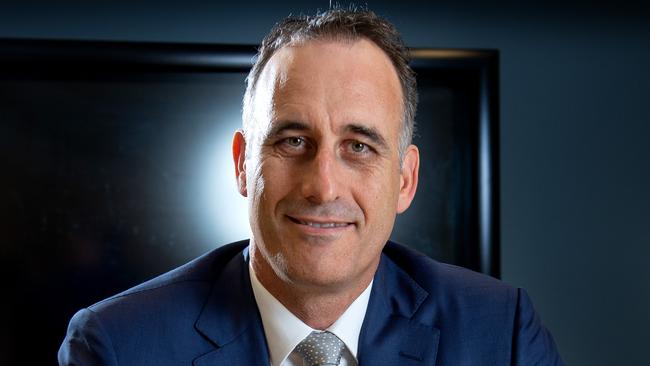
Mr Scott, who took over as CEO of Wesfarmers in November from former boss Richard Goyder, said the 2018 financial year was one of significant change for Wesfarmers, with decisive actions taken to reposition the group’s portfolio to deliver sustainable growth in earnings and improved shareholder returns.
“The three key priorities for the year were to address areas of underperformance, reposition the portfolio and drive opportunities for growth, with good progress made against each of these,” Mr Scott said. “The proposed demerger of Coles, and the divestments of Curragh and Bunnings UK and Ireland during the year, demonstrate a disciplined approach to capital allocation and portfolio management, and will reposition Wesfarmers for the next decade.
“Cash generation remained strong and strict capital disciplines were maintained, further strengthening the group’s balance sheet, with net financial debt reducing to $3.58 billion from $4.321 billion in the prior year.”
He said following decisive actions taken to address underperformance and reposition the group’s portfolio in the 2018 financial year, Wesfarmers was well placed to deliver sustainable growth in earnings and improved shareholder returns.
Significant progress has been made on the demerger of Coles, which is expected to be completed in November 2018. The post-demerger capital structure, announced in July 2018, is expected to set Coles up for success and provide the business with significant operational and strategic flexibility.
Following the demerger, Wesfarmers will have a portfolio of cash-generative businesses with good momentum and leading positions in growing markets, Mr Scott said. Continued earnings growth is expected across the group’s retail businesses. Growing addressable markets will remain a focus, along with ongoing improvements in merchandising and service, further enhancements to the customer experience both in-store and online, and investments in value supported by operational efficiencies.
Today’s annual result, the first under Mr Scott, comes as Wesfarmers wades its way through one of the biggest upheavals in two decades, with almost $1.9 billion in asset sales and the planned demerger of its biggest business, Coles.
Mr Scott, a former Olympic rower who replaced Richard Goyder as CEO of the $57 billion company in November, has set a blistering pace of action as he revamps and restructures Wesfarmers to place his own stamp on the group and prepare it for the next decade of growth.
Under his leadership, Mr Scott has already jettisoned Wesfarmers long almost-30 year investment in coal with the sale of its Curragh coal mine in Queensland for $700m last year and this month agreeing to sell its stake in the Bengalla mine to joint-venture partner New Hope Corp for $860m.
He is also now undoing the biggest deal Wesfarmers ever did, the $20 billion purchase of Coles in 2007, with the supermarket chain to be demerged and list as an independent company in November. Mr Scott took decisive action to shut down the troubled and loss-making Bunnings UK and Ireland, and this week forged a deal to sell off Kmart Tyre and Auto for $350m.
What Mr Scott and Wesfarmers shareholders will soon inherit is a slimmer and leaner conglomerate that at its core has Australia’s most successful domestic retailer, hardware chain Bunnings, delivering around 50 per cent of earnings and roughly $2bn less of debt.
This gives Wesfarmers a war chest and headroom of almost $4bn to splurge on the next big investment play, or return to shareholders in the form of higher dividends, a share buy-back or both.
So far, Wesfarmers investors seem to be backing Mr Scott’s vision for the next ten years of Wesfarmers, with its share price up almost 20 per cent since he took the CEO reins and trading at an all-time high.
The biggest item on his agenda for the next three months is the demerger of Coles, with Wesfarmers to retain a 15 per cent stake in the listed supermarket chain and the incoming Coles CEO, Steven Cain, to flesh out his strategy for the retailer when he starts next month.



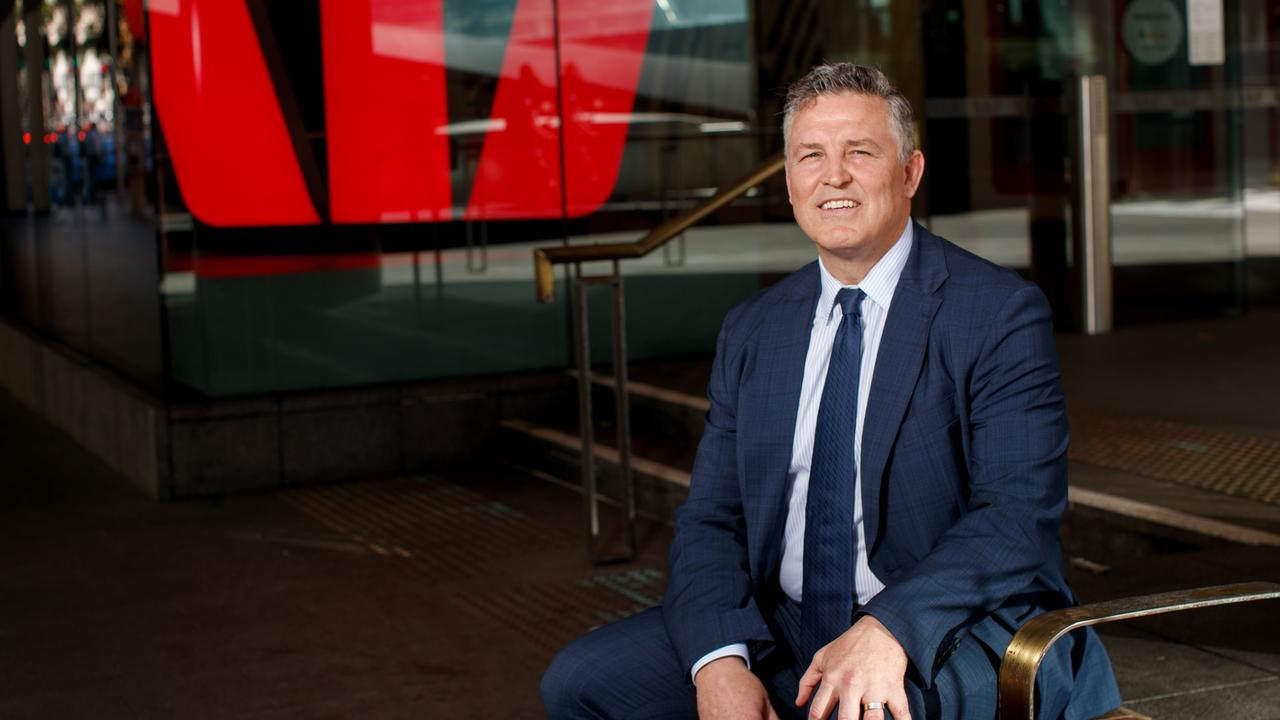
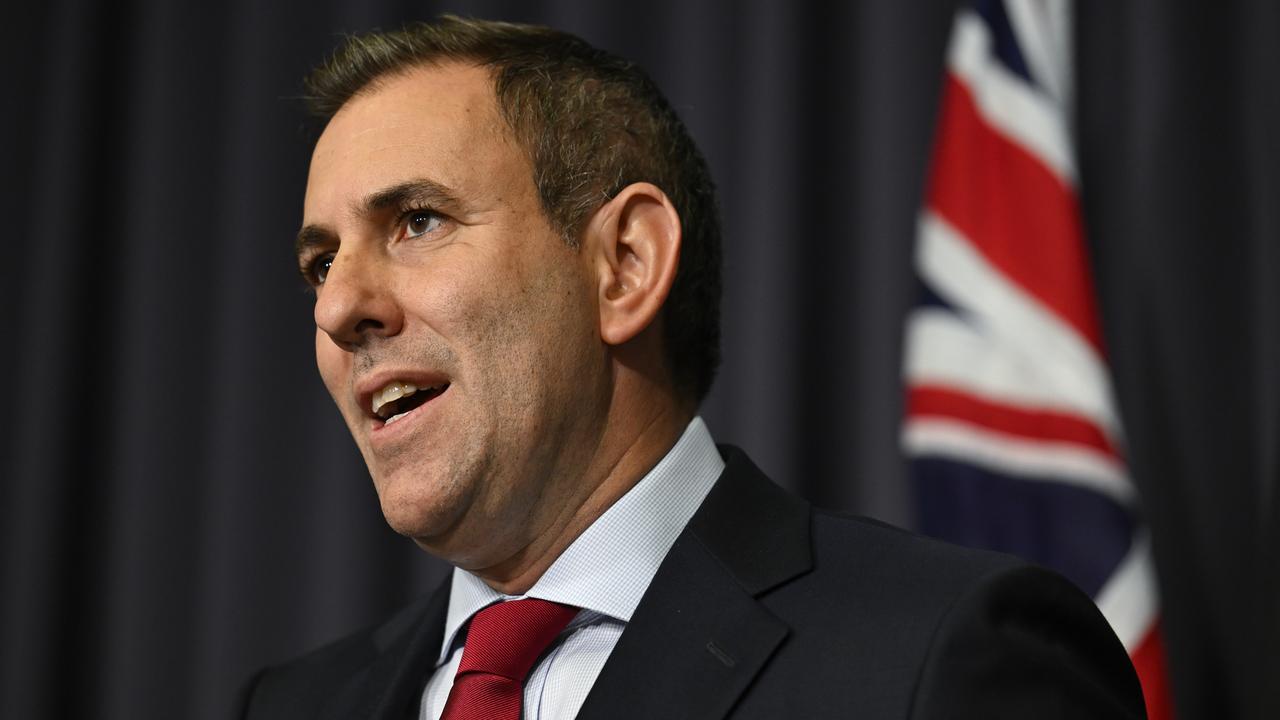
To join the conversation, please log in. Don't have an account? Register
Join the conversation, you are commenting as Logout